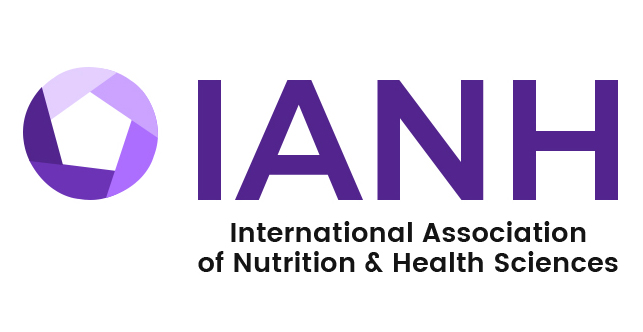Intermittent Fasting
Intermittent fasting (IF) has gained significant attention in recent years for its potential health benefits and effects on metabolism.
In this article we will go through the definition of intermittent fasting, exploring its various types, physiological mechanisms, and evidence-based outcomes on health and wellness.
To start with, intermittent fasting refers to an eating pattern that cycles between periods of fasting and eating called eating window, meaning of having specific periods of eating and fasting. It does not say anything about which foods to eat, but rather when you should eat them.
There are various types of intermittent fasting:
- Time-Restricted Feeding (TRF): This involves limiting daily eating to a specific window of time, typically 8-10 hours, followed by a fasting period of 14-16 hours.
- Alternate-Day Fasting (ADF): This approach alternates between days of normal eating and very low-calorie intake or complete fasting days.
- 5:2 Diet: Participants eat normally for five days of the week and consume significantly fewer calories (around 500-600) on the remaining two days.
- Eat Stop Eat: Involves a 24-hour fast once or twice per week.
Intermittent fasting triggers various physiological effects in the body, such as metabolic and cellular responses, here are some of the main physiological effects of intermittent fasting in the body:
- Insulin level: Insulin is a hormone produced by the pancreas that plays a crucial role in regulating blood sugar (glucose) levels. When you consume carbohydrates, your body breaks them down into glucose, which enters the bloodstream. In response to rising blood glucose levels after a meal, the pancreas releases insulin into the bloodstream, Insulin facilitates the transport & uptake of glucose by body cells and storage of excess glucose as glycogen in the liver and muscles for later use. In intermittent fasting Your blood level of insulindrops significantly, which promotes fat burning by emptying the glycogen storage first then heading to the fat cells to have energy.
- Human growth hormone (HGH) level:Your blood level of HGH may increase dramatically. Higher levels of this hormone promote fat burning and muscle gain and have numerous other benefits.
- Cellular repair:Your body starts important cellular repair processes such as removing waste material from cells.
- Gene expression:Beneficial changes occur in several genes and molecules related to longevity and protection against disease.
There are several health benefits of IF, these include:
- Weight Loss and Body Composition: IF can aid weight loss by reducing calorie intake and enhancing fat oxidation
- Brain Function: Some studies suggest that intermittent fasting supports brain health by enhancing cognitive function and protecting against neurodegenerative diseases.
- Reducing body inflammation including asthma, arthritis and other diseases
- Blood sugar Reduction thus increases insulin sensitivity
- Cardiovascular Health: IF may improve heart health by lowering blood pressure, LDL cholesterol, and triglyceride levels.
Intermittent fasting represents a promising dietary strategy with various health benefits supported by scientific evidence. Its effects on metabolism, cellular processes, and overall health warrant further research to optimize its application in clinical and public health settings.
References:
https://pubmed.ncbi.nlm.nih.gov/29754952/
https://pubmed.ncbi.nlm.nih.gov/31804775/
https://pubmed.ncbi.nlm.nih.gov/31525701/



